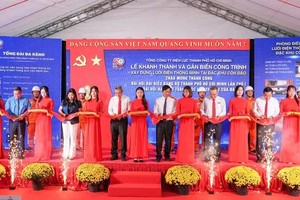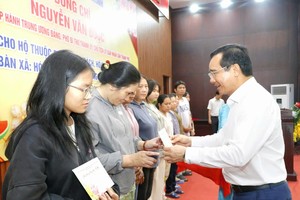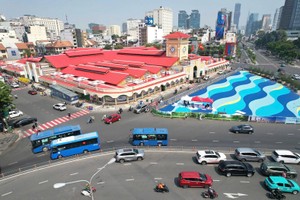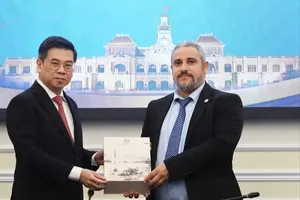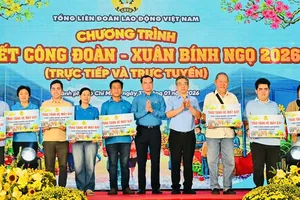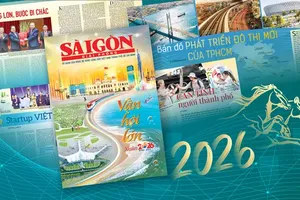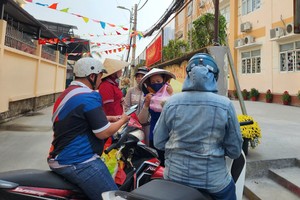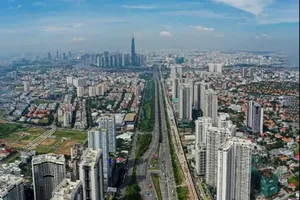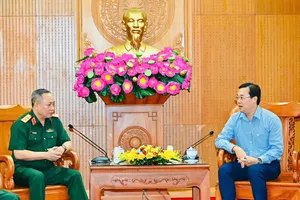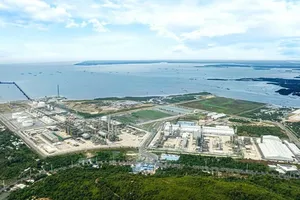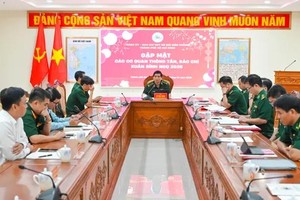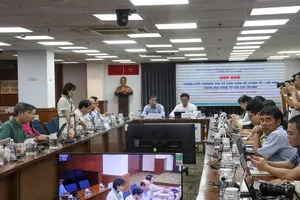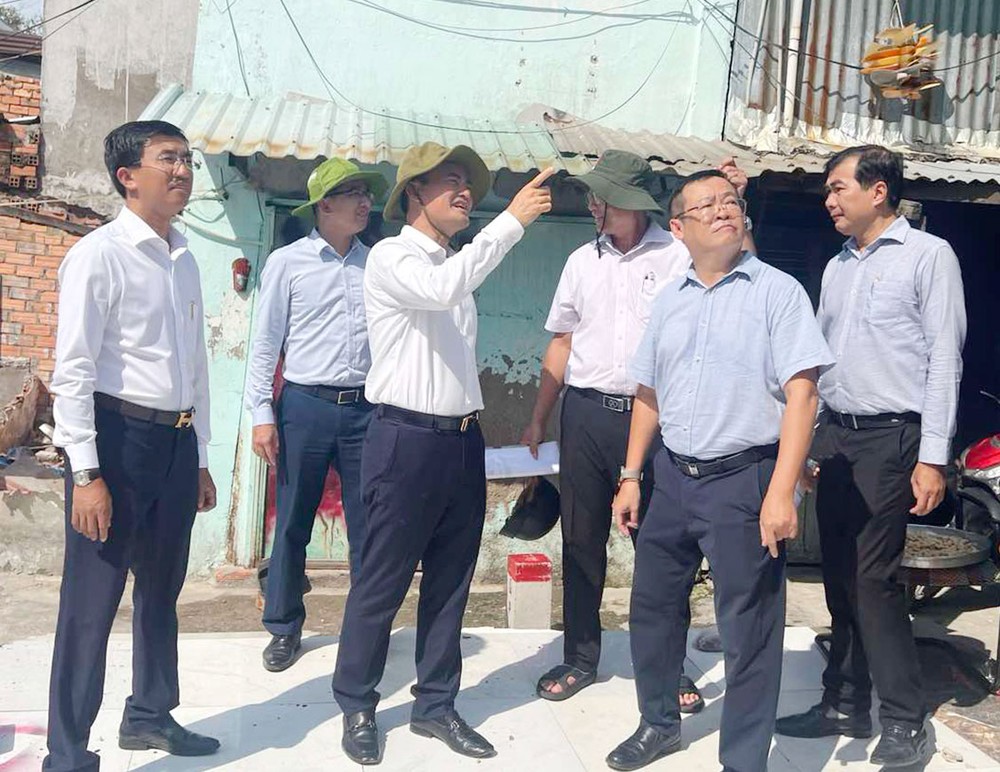
According to the plan, the city will launch and inaugurate a total of 39 projects—nine of them classified as central-level works and 30 as city-level projects. Of the central-level works, five are new groundbreakings, while four are completed and put into operation. At the city level, HCMC is simultaneously breaking ground on 23 projects and inaugurating seven.
One highlight is the dredging and infrastructure development project along the northern bank of Doi Canal, spanning the wards of Chanh Hung, Binh Dong, and Phu Dinh. With a total investment estimated at VND7.3 trillion (approximately US$288 million), this is regarded as a flagship undertaking in HCMC’s urban renewal program. Once completed, the project will not only improve water quality and reduce flooding but also expand green spaces, create a more modern urban landscape, and enhance the quality of life for residents along the canal.
Another project attracting significant attention is the HCMC–Moc Bai Expressway. Stretching over 50 kilometers, the route is designed with four lanes and a maximum speed of 120 km/h, requiring an investment of more than VND19.6 trillion (over US$770 million). Once operational, the expressway will ease traffic congestion on National Highway 22, cut travel time between HCMC and Tay Ninh Province, and strengthen trade and logistics connectivity with neighboring Cambodia.
This round of construction also includes the upgrade and expansion of DT748 Road from Phu Thu Intersection to the northern beltway of My Phuoc Town, as well as the construction of an underpass at the Phuoc Kien Five-way Intersection (formerly in Binh Duong Province). Notably, work has also started on upgrading and expanding the Dinh Intersection (National Highway 1–Nguyen Van Qua, formerly in District 12). Upon completion, the new overpass is expected to eliminate a longstanding traffic bottleneck at HCMC’s northwestern gateway, reduce accident risks, and boost circulation capacity along National Highway 1.
